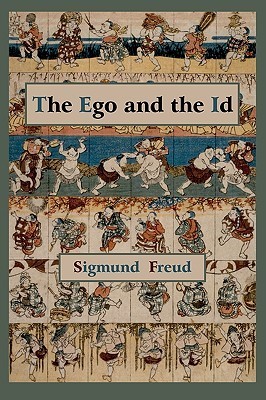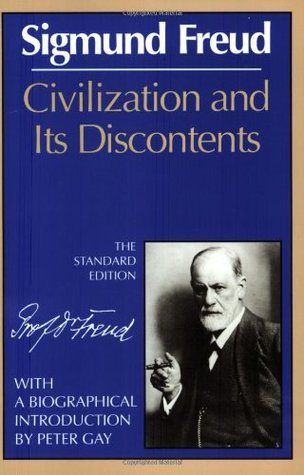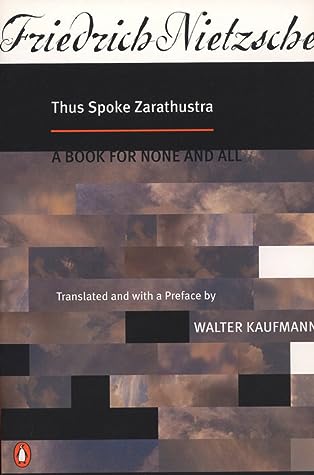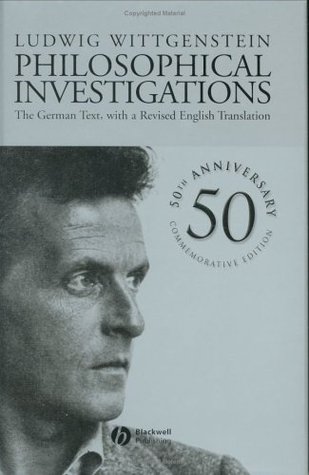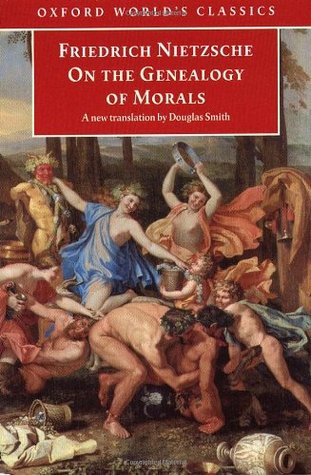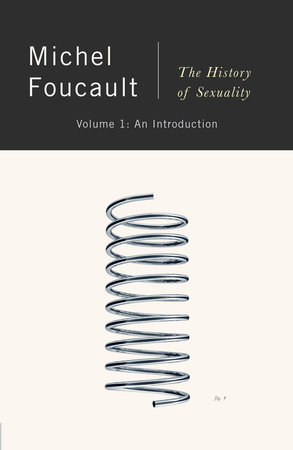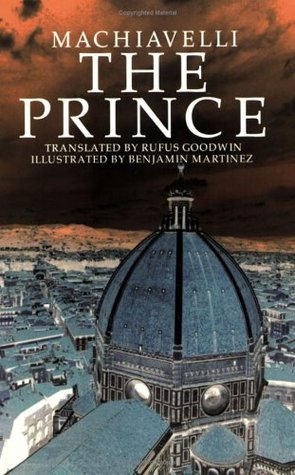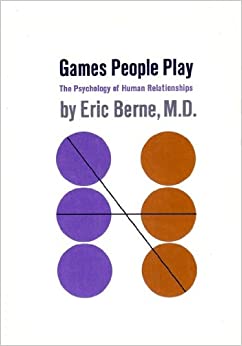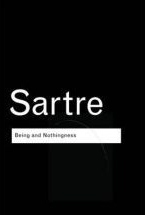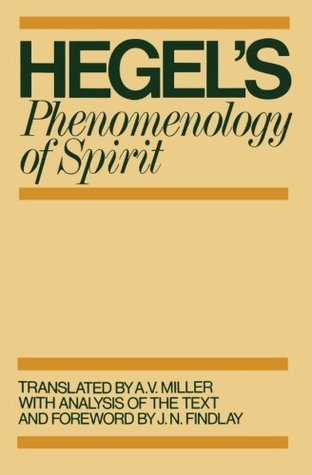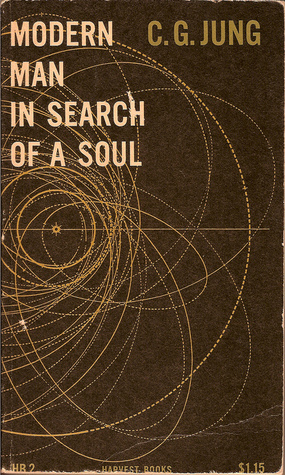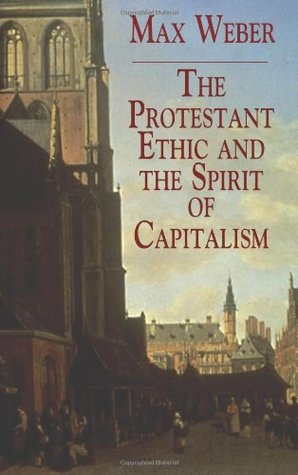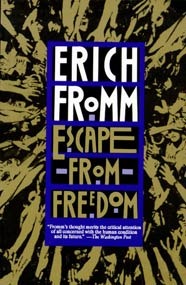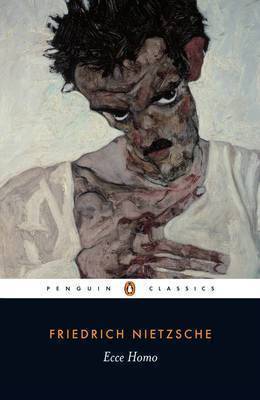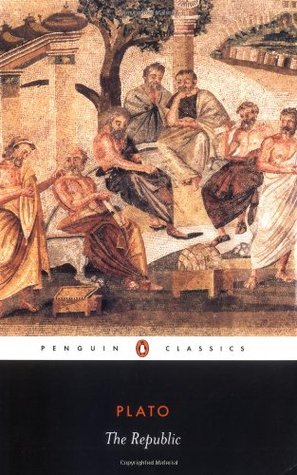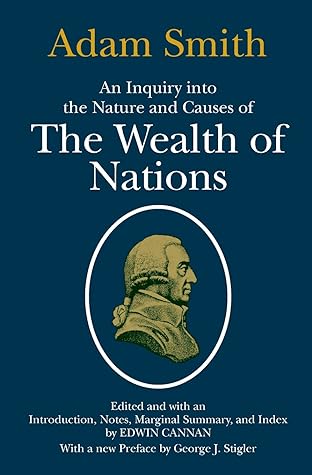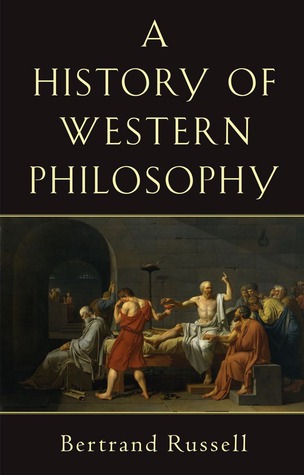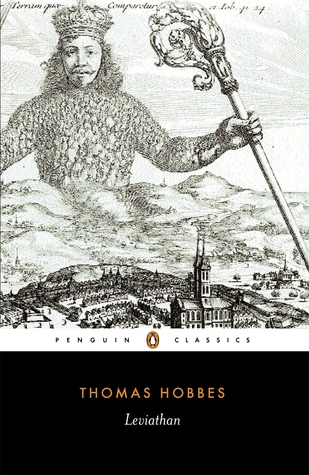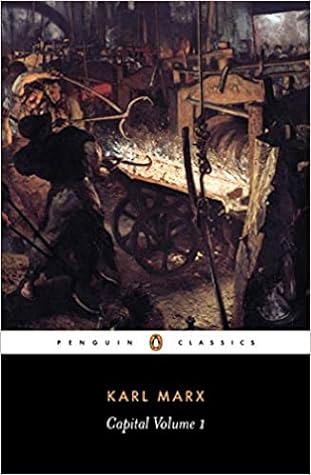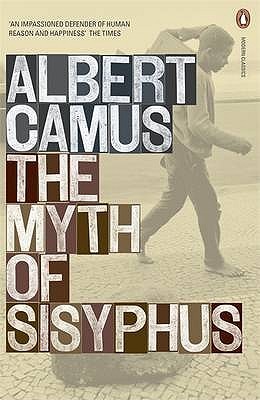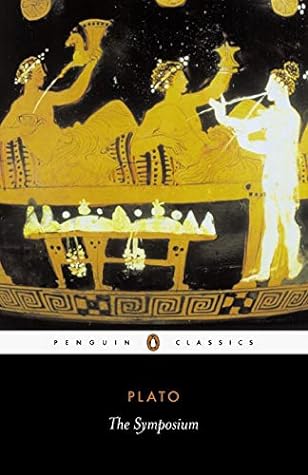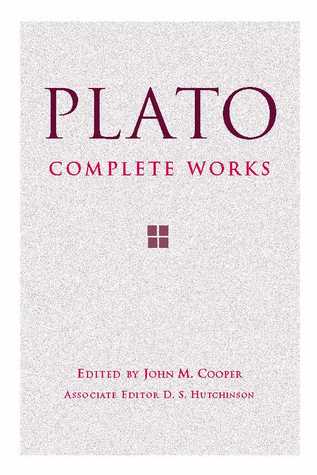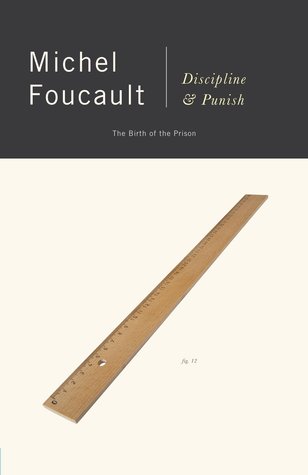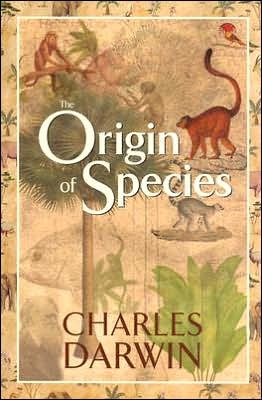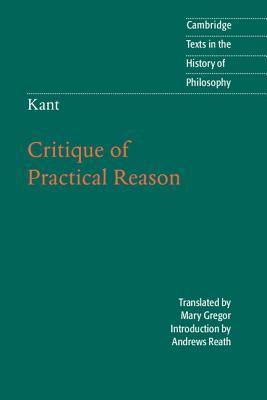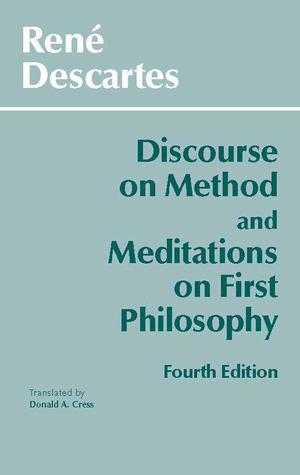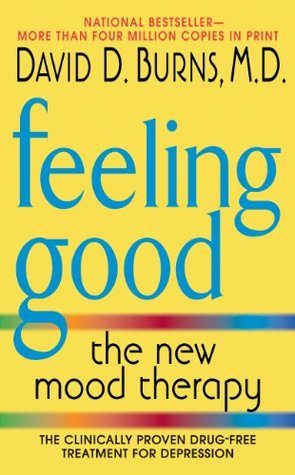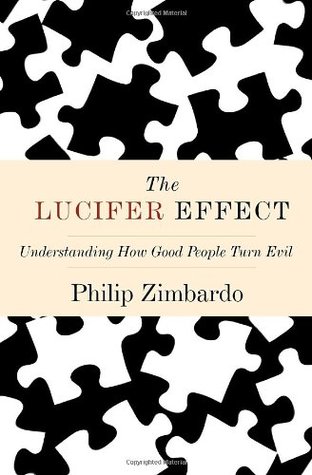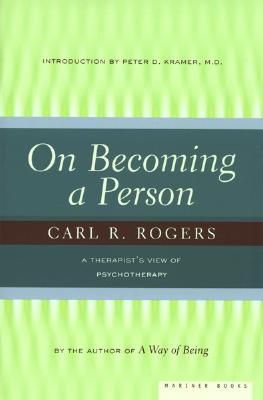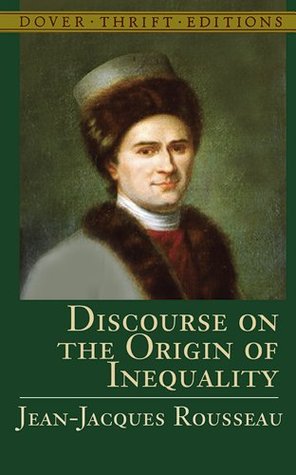Powered by a book like {foo}
Recommendations based on Introductory Lectures on Psychoanalysisby Sigmund Freud
* statistically, based on millions of data-points provided by fellow humans
The Ego and the Id
by Sigmund Freud
A psychoanalytic exploration of the three facets of the human psyche, and how they interact.
The Ego and the Id ranks high among the works of Freud's later years. The heart of his concern is the ego, which he sees battling with three forces: the id, the super-ego, and the outside world. Of ... (Goodreads)
Civilization and Its Discontents
by Sigmund Freud
Exploration of the psychological underpinnings of human civilization and its discontents.
It stands as a brilliant summary of the views on culture from a psychoanalytic perspective that he had been developing since the turn of the century. It is both witness and tribute to the late theory ... (Goodreads)
Thus Spoke Zarathustra
by Friedrich Nietzsche
A philosophical treatise exploring morality, religion, and the meaning of life.
Philosophical Investigations
by Ludwig Wittgenstein
Wittgenstein's exploration of language and meaning, challenging traditional philosophical concepts and proposing new ways of understanding language games.
Philosophical Investigations, ( German : Philosophische Untersuchungen ) is a work by the philosopher Ludwig Wittgenstein . The book was published posthumously in 1953. Wittgenstein discusses ... (Wikipedia)
On the Genealogy of Morals
by Friedrich Nietzsche
Exploration of morality, power, and the origin of human values.
On the Genealogy of Morals (1887) is a book about the history of ethics and about interpretation. Nietzsche rewrites the former as a history of cruelty, exposing the central values of the ... (Goodreads)
The History of Sexuality, Volume 1: An Introduction
by Michel Foucault
Examination of the power dynamics and social constructions of sexual behavior.
Michel Foucault offers an iconoclastic exploration of why we feel compelled to continually analyze and discuss sex, and of the social and mental mechanisms of power that cause us to direct the ... (Goodreads)
The Prince
by Niccolò Machiavelli
A timeless political treatise on the art of acquiring and maintaining power.
Machiavelli needs to be looked at as he really was. Hence: Can Machiavelli, who makes the following observations, be Machiavellian as we understand the disparaging term? 1. So it is that to know the ... (Goodreads)
Games People Play
by Eric Berne
A psychological exploration of the ways people interact, creating meaningful relationships.
We think we’re relating to other people–but actually we’re all playing games. Forty years ago, Games People Play revolutionized our understanding of what really goes on during our most basic social ... (Goodreads)
Being and Nothingness
by Jean-Paul Sartre
Philosophical exploration of the nature of being and consciousness.
Being & Nothingness is without doubt one of the most significant philosophical books of the 20th century. The central work by one of the century's most influential thinkers, it altered the course of ... (Goodreads)
Phenomenology of Spirit
by Georg Wilhelm Friedrich Hegel
An exploration of the relationship between mind and world, and the nature of knowledge.
Perhaps one of the most revolutionary works of philosophy ever presented, The Phenomenology of Spirit is Hegel's 1807 work that is in numerous ways extraordinary. It begins with a Preface, created ... (Goodreads)
Modern Man in Search of a Soul
by C.G. Jung
A collection of essays exploring the human psyche, spirituality, and the search for meaning in modern life.
A provocative and enlightening look at spiritual unease and its contribution to the void in modern civilization Considered by many to be one of the most important books in the field of psychology, ... (Goodreads)
The Protestant Ethic and the Spirit of Capitalism
by Max Weber
Examines the relationship between Protestantism and the rise of capitalism, arguing that religious beliefs influenced economic behavior.
The Protestant ethic — a moral code stressing hard work, rigorous self-discipline, and the organization of one's life in the service of God — was made famous by sociologist and political economist ... (Goodreads)
Escape from Freedom
by Erich Fromm
An examination of the psychological effects of modern freedom, exploring how to find a balance between freedom and security.
If humanity cannot live with the dangers and responsibilities inherent in freedom, it will probably turn to authoritarianism. This is the central idea of Escape from Freedom , a landmark work by one ... (Goodreads)
Ecce Homo
by Friedrich Nietzsche
A philosophical treatise on the meaning of life and the power of the individual.
In late 1888, only weeks before his final collapse into madness, Nietzsche (1844-1900) set out to compose his autobiography, and Ecce Homo remains one of the most intriguing yet bizarre examples of ... (Goodreads)
The Republic
by Plato
A philosophical discourse on justice, examining morality, politics, and virtue.
Presented in the form of a dialogue between Socrates and three different interlocutors, this classic text is an enquiry into the notion of a perfect community and the ideal individual within it. ... (Goodreads)
An Inquiry into the Nature and Causes of the Wealth of Nations
by Adam Smith
An exploration of the economic principles underlying the development of nations.
Adam Smith's masterpiece, first published in 1776, is the foundation of modern economic thought and remains the single most important account of the rise of, and the principles behind, modern ... (Goodreads)
A History of Western Philosophy
by Bertrand Russell
A comprehensive overview of the major philosophical thinkers and their ideas.
Since its first publication in 1945 Lord Russell's A History of Western Philosophy has been universally acclaimed as the outstanding one-volume work on the subject—unparalleled in its ... (Goodreads)
Leviathan
by Thomas Hobbes
Philosophical exploration of the nature of power and justice in a state of nature.
'The life of man, solitary, poore, nasty, brutish, and short' Written during the chaos of the English Civil War, Thomas Hobbes' Leviathan asks how, in a world of violence and horror, can we stop ... (Goodreads)
Capital: A Critique of Political Economy, Volume 1
by Karl Marx
Analysis of capitalism, exploring its economic and social systems.
Capital , one of Marx's major and most influential works, was the product of thirty years close study of the capitalist mode of production in England, the most advanced industrial society of his day. ... (Goodreads)
The Myth of Sisyphus
by Albert Camus
An essay on understanding the absurdity of life, and realizing there is meaning in even the most mundane tasks.
Throughout history, some books have changed the world. They have transformed the way we see ourselves—and each other. They have inspired debate, dissent, war and revolution. They have enlightened, ... (Goodreads)
The Symposium
by Plato
A philosophical dialogue among ancient Greeks about the nature of love.
A fascinating discussion on sex, gender, and human instincts, as relevant today as ever. In the course of a lively drinking party, a group of Athenian intellectuals exchange views on eros, or desire. ... (Goodreads)
Plato: Complete Works
by Plato
Collection of ancient Greek philosopher Plato's dialogues, discussing morality, knowledge and truth.
Outstanding translations by leading contemporary scholars–many commissioned especially for this volume--are presented here in the first single edition to include the entire surviving corpus of works ... (Barnes & Noble)
Discipline and Punish: The Birth of the Prison
by Michel Foucault
Examines the emergence of the modern prison system and its effects on society.
Librarian note: an alternate cover for this edition can be found, here,. Barely two hundred and fifty years ago a man condemned of attempting to assassinate the King of France was drawn and quartered ... (Goodreads)
The Origin of Species
by Charles Darwin
Comprehensive scientific exploration of the evolution of species and the natural world.
Darwin's theory of natural selection issued a profound challenge to orthodox thought and belief: no being or species has been specifically created; all are locked into a pitiless struggle for ... (Goodreads)
Critique of Practical Reason
by Immanuel Kant
Kant's examination of the nature of practical reason and its role in guiding human action towards moral ends.
This seminal text in the history of moral philosophy elaborates the basic themes of Kant's moral theory, gives the most complete statement of his highly original theory of freedom of the will, and ... (Goodreads)
Discourse on Method and Meditations on First Philosophy
by René Descartes
Philosophical treatise on the nature of knowledge and reality, examining the limits of human understanding.
La figura de Descartes como filósofo no ha sido objeto de unánime interpretación. Sobre todo en la actualidad se juzga y pondera su obra. no menos que su personalidad, de manera diferente. Para ... (Goodreads)
Feeling Good: The New Mood Therapy
by David D. Burns
A guide to cognitive therapy, providing practical techniques to overcome negative thoughts and emotions and improve mental health.
The good news is that anxiety, guilt, pessimism, procrastination, low self-esteem, and other "black holes" of depression can be cured without drugs. In Feeling Good, eminent psychiatrist, David D. ... (Goodreads)
The Lucifer Effect: Understanding How Good People Turn Evil
by Philip G. Zimbardo
An inquiry into the psychological forces that drive individuals to act immorally.
Renowned social psychologist and creator of the "Stanford Prison Experiment," Philip Zimbardo explores the mechanisms that make good people do bad things, how moral people can be seduced into acting ... (Goodreads)
On Becoming a Person: A Therapist's View of Psychotherapy
by Carl R. Rogers
A comprehensive guide to the art of psychotherapy, exploring the science and philosophy behind it.
The late Carl Rogers, founder of the humanistic psychology movement, revolutionized psychotherapy with his concept of "client-centered therapy." His influence has spanned decades, but that influence ... (Goodreads)
Discourse on the Origin of Inequality
by Jean-Jacques Rousseau
An exploration of the origins of inequality between humans, and its effects on society.
If humans are benevolent by nature, how do societies become corrupt? And how do governments founded upon the defense of individual rights degenerate into tyranny? These are the questions addressed by ... (Goodreads)
